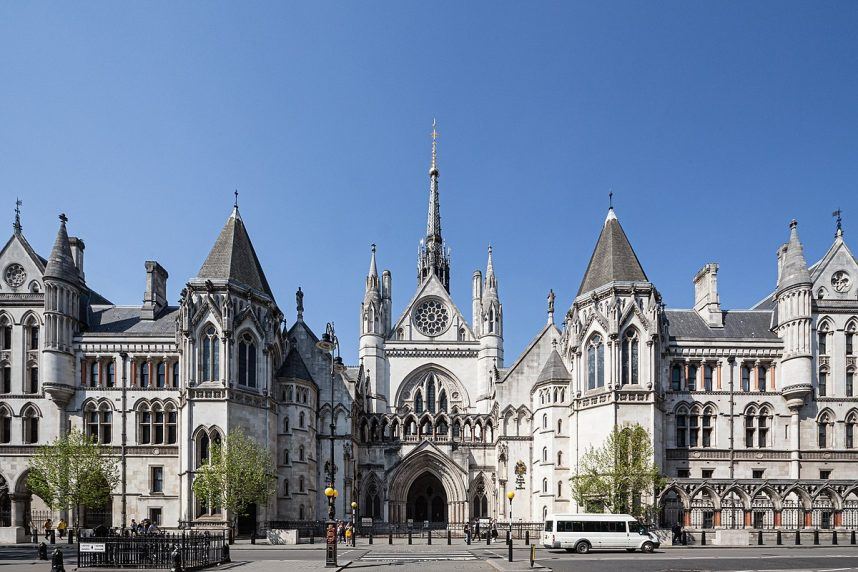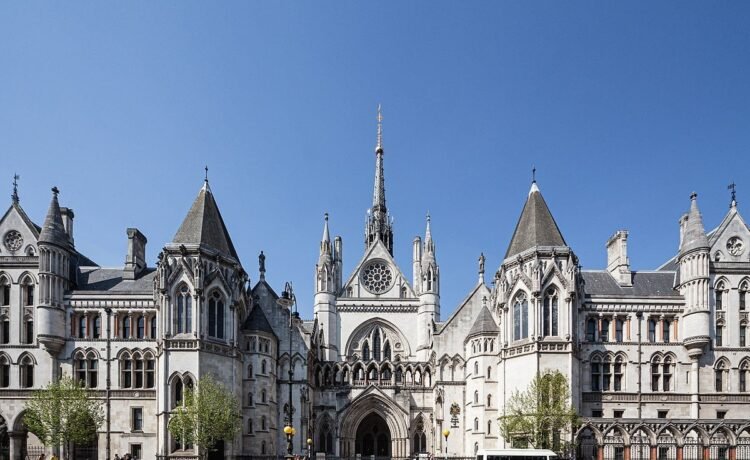Posted on: November 19, 2024, 02:17h.
Last updated on: November 19, 2024, 02:32h.
A judge in the UK has ruled that Flutter Entertainment isn’t liable to repay £1.48 million ($1.7 million) lost by a gambler at its Betfair betting exchange, nor did it owe him a duty of care to prevent him from losing money.

Lee Gibson, a property developer, sued Betfair in London’s High Court in September 2021 seeking damages for the amount lost, mainly on soccer bets, from Nov. 1, 2009, to April 11, 2019.
Gibson claimed that by 2012, the operator should have known he was at risk from, or was experiencing harm associated with gambling.
No Disclosure of Gambling Problem
In an 11-page ruling published Friday, Judge Nigel Bird noted that at no point did Gibson tell Betfair he had a gambling problem. On the contrary, he assured staff on numerous occasions that he was comfortable with his gambling and could afford his losses, even claiming to be a multimillionaire.
There is no real suggestion that the vast amount of financial information he provided to Betfair was materially inaccurate … There was therefore nothing objectively concerning about the level of losses. Although they were very large, they appeared to be sustainable.”
The plaintiff had cited the 2008 case of Calvert Vs. William Hill to illustrate that Betfair owed him a duty of care. In that case, problem gambler Graham Calvert sued the bookmaker because it had continued to facilitate his gambling after he had joined its self-exclusion problem.
The court ultimately found that William Hill had failed in its duty of care to Calvert but declined to award him the £2 million he had lost. That’s because he had continued to gamble with other operators while excluded from William Hill, and so would have “ruined himself” via another bookmaker, the judge determined.
Self-Inflicted Harm
Bird said that in Gibson’s case, it was more difficult to establish a duty of care because he hadn’t self-excluded with Betfair.
“The general position [in British law] is that a person does not owe a common law duty of care to prevent others suffering harm as a result of their own acts.
… If Mr Gibson had asked to be excluded from Betfair or had asked that some formal restriction be placed on his gambling, I think it very likely that Betfair would have become responsible to honor those requests.”
Bird added that the UK doesn’t ban gambling as an activity, and so Parliament couldn’t have intended [gambling] to operate “so as to void contracts.”
“A successful gambler should not be deprived of the fruits of his bet, but equally in my judgment, a losing gambler should not be able to escape the consequences of his decisions,” he added.















